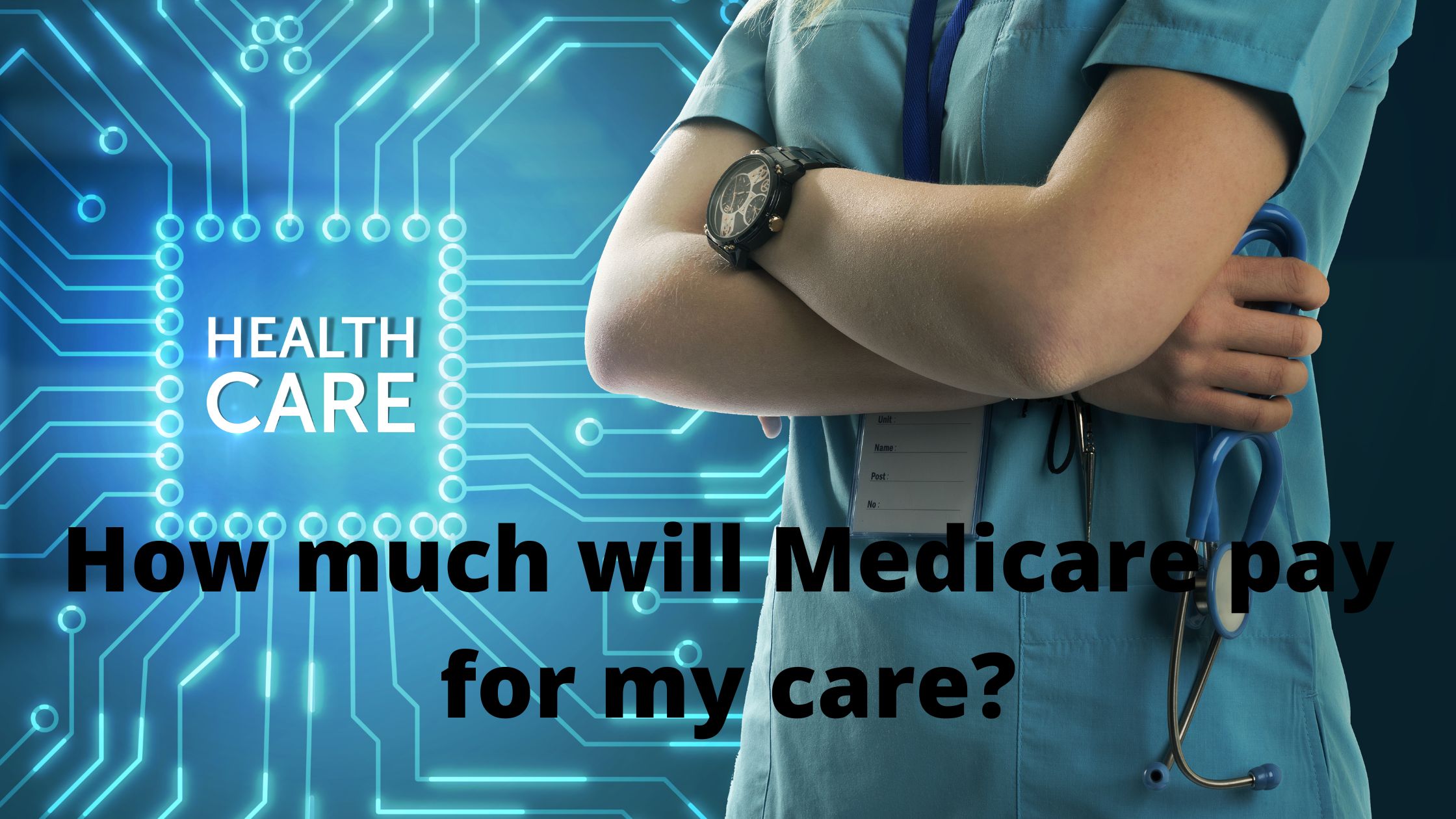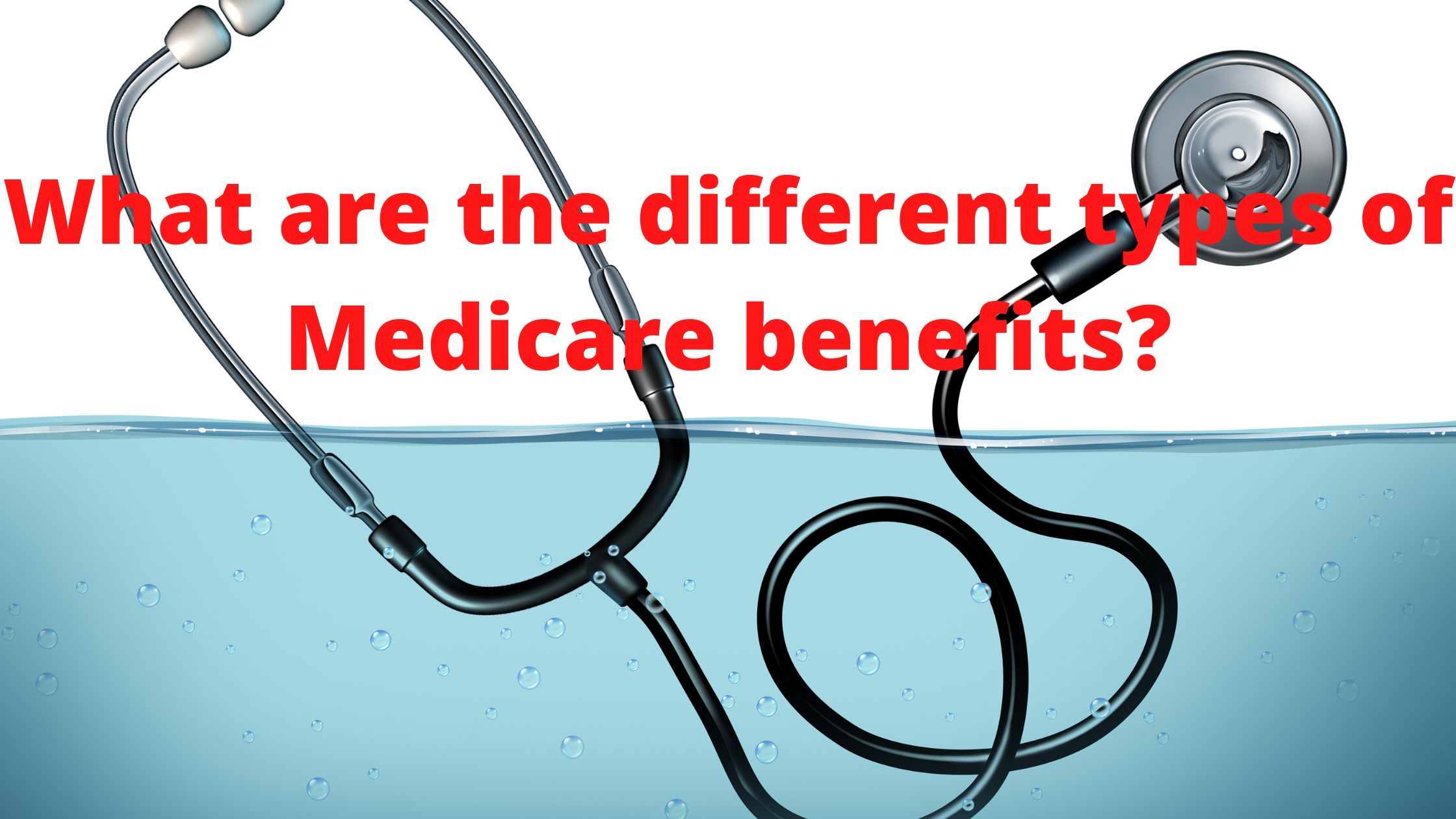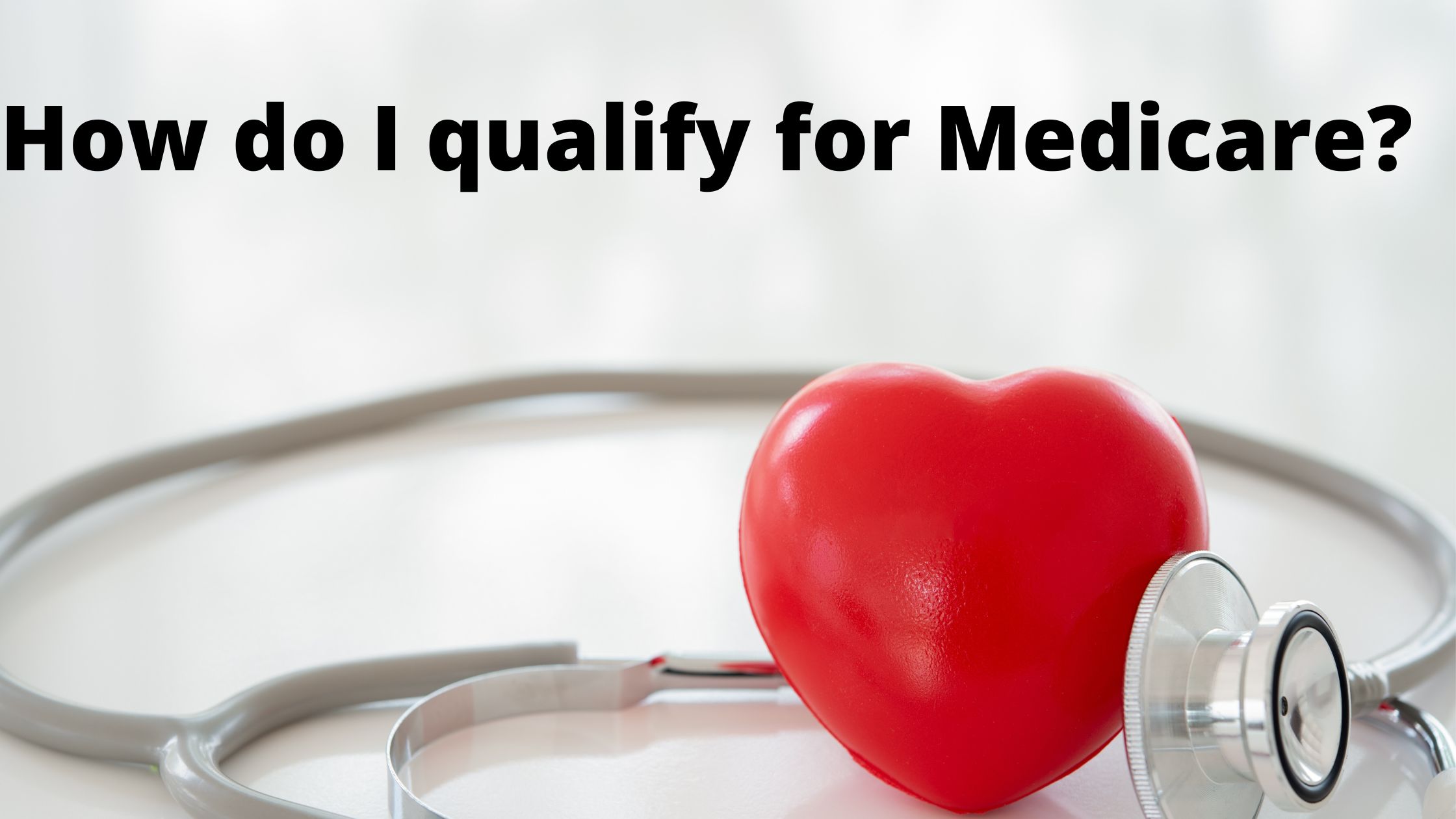If you’re involved in an accident that causes you personal injury, it’s important to understand your rights and what Medicare will pay for. In this article, we’ll cover everything from who is responsible for your injuries, to what your options are if Medicare doesn’t pay you enough money.
What is Medicare?
Medicare is a government-run health insurance program in the United States for people aged 65 or older and certain people with disabilities. It is an insurance program, not a charity. Medicare covers doctor visits, hospital care, some prescription drugs, and other related expenses. You may be able to receive additional benefits if you are also covered by a private health insurance plan.
If you are injured in an accident and the accident was caused by someone else, you may be eligible for benefits from Medicare.
You should contact your insurance company to find out if you are already covered by their policy and, if so, whether any benefits apply to you. If you are not covered by your insurance company, or if there are no benefits available to you through them, you may be able to receive coverage through Medicare.
To find out if you are eligible for Medicare benefits, contact the Social Security Administration (SSA) at 1-800-772-1213 or visit their website at www.socialsecurity.gov/.
What are the different types of Medicare benefits?
Medicare is a government-run health insurance program for people age 65 and older. There are different types of Medicare benefits, depending on the type of coverage you have.
Here’s a quick overview of the different types of Medicare benefits:
Medicare Part A covers hospital expenses when you’re hospitalized. If you have Part A, your doctor must certify that you need to be hospitalized for a specific illness or injury. You will also pay a monthly premium.
Medicare Part B pays for doctor visits, outpatient care, and some prescription drugs. You will also pay a monthly premium.
If you have Medicare Part C, it covers out-of-pocket costs (like deductibles and co-payments) for medicines and other health treatments. You will also pay a monthly premium.
If you have Medigap coverage, it covers some of the costs not covered by Medicare Parts A or B. Medigap plans can have different premiums and benefits, so it’s important to check with your insurance company to see if it’s right for you.
How do I qualify for Medicare?
If you are injured in an accident and the other person who was involved is responsible, you may be able to receive Medicare benefits. In order to qualify, you must meet certain requirements, including being admitted to a hospital for treatment. You may also be eligible for benefits if you were prevented from working due to your injury.
How much will Medicare pay for my care?
When someone else is responsible for your accident, will Medicare pay for your care? Medicare generally pays for medically necessary expenses that you incur as a result of the accident. However, there are some exceptions to this rule. For example, if you voluntarily refuse treatment after an accident and you have a pre-existing medical condition that makes you more susceptible to injury, Medicare may not cover your expenses. Additionally, if you have a fair amount of income and can afford to pay for your own care, Medicare may not cover all of your medical expenses.
My doctor told me that I should not go to the hospital because I have a concussion and it would only aggravate the injury. Is that true?
If you have a concussion and do not go to the hospital, your doctor may be right. travel can further aggravate an injury that is already causing pain. If you have any questions about whether or not to go to the hospital, talk to your doctor.
Conclusion
If you are injured in an accident and the other driver is responsible, it can be tough to know what to do next. Whether you were driving or not, read on for information about your rights and what Medicare may cover. Regardless of who was at fault for your accident, don’t hesitate to reach out for help. The sooner you can get started with the process of healing, the better off you will be.

